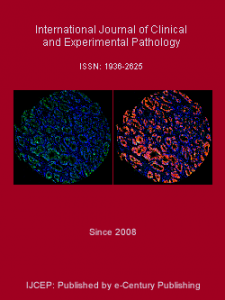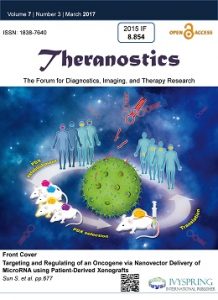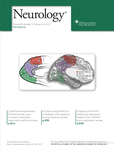 A pathology journal has retracted a 2015 paper from researchers in China after concluding the authors had falsified and copied some of the data and text.
A pathology journal has retracted a 2015 paper from researchers in China after concluding the authors had falsified and copied some of the data and text.
According to the notice, a “knowledgeable informant” told the journal about the overlap and “fraudulent” aspects of the paper, which the editors were able to confirm. The journal retracted the paper last month.
Here’s the retraction notice for “Genistein attenuates glucocorticoid-induced bone deleterious effects through regulation Eph/ephrin expression in aged mice:”
Continue reading “Knowledgeable informant” outs researchers for falsifying data

 Two blog posts are shining additional light on a recent retraction that included some unanswered questions — namely, the identity of the researcher who admitted to manipulating the results.
Two blog posts are shining additional light on a recent retraction that included some unanswered questions — namely, the identity of the researcher who admitted to manipulating the results.


 A researcher has lost his position as a Chief Scientific Officer at a DNA sequencing company after
A researcher has lost his position as a Chief Scientific Officer at a DNA sequencing company after  A researcher in Switzerland has retracted her 2015 paper in the Journal of Cell Biology, saying the first author — her former postdoc — admitted to fabricating multiple aspects of the paper.
A researcher in Switzerland has retracted her 2015 paper in the Journal of Cell Biology, saying the first author — her former postdoc — admitted to fabricating multiple aspects of the paper. Neurology has partially retracted a 2016 paper, replacing a figure and removing the author who contributed it
Neurology has partially retracted a 2016 paper, replacing a figure and removing the author who contributed it 